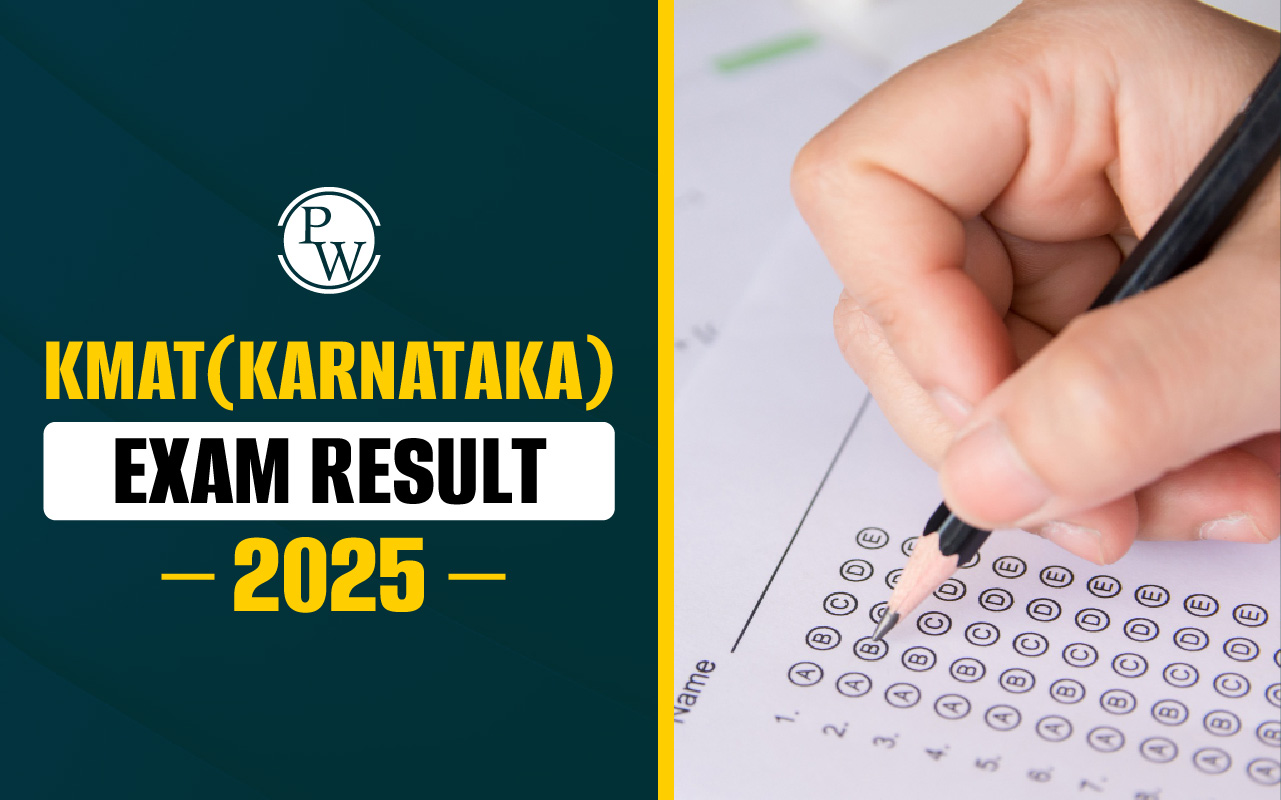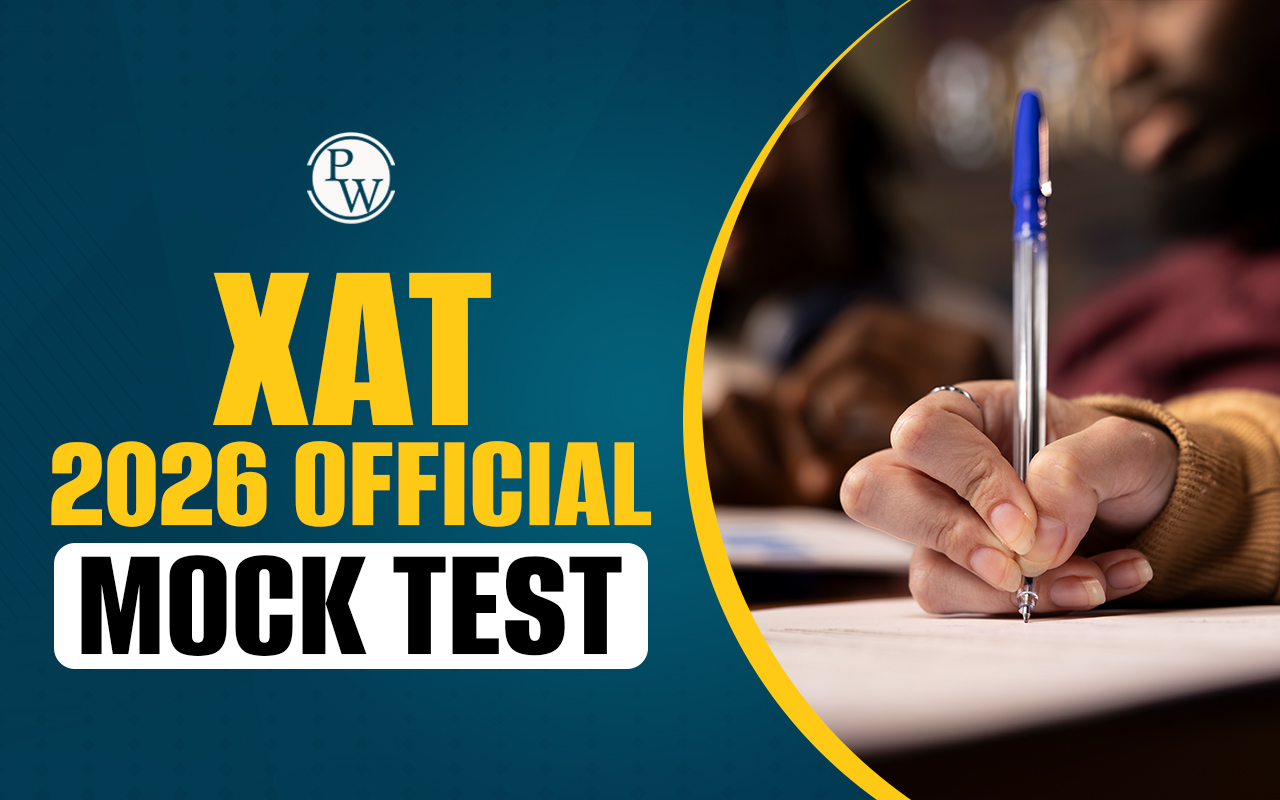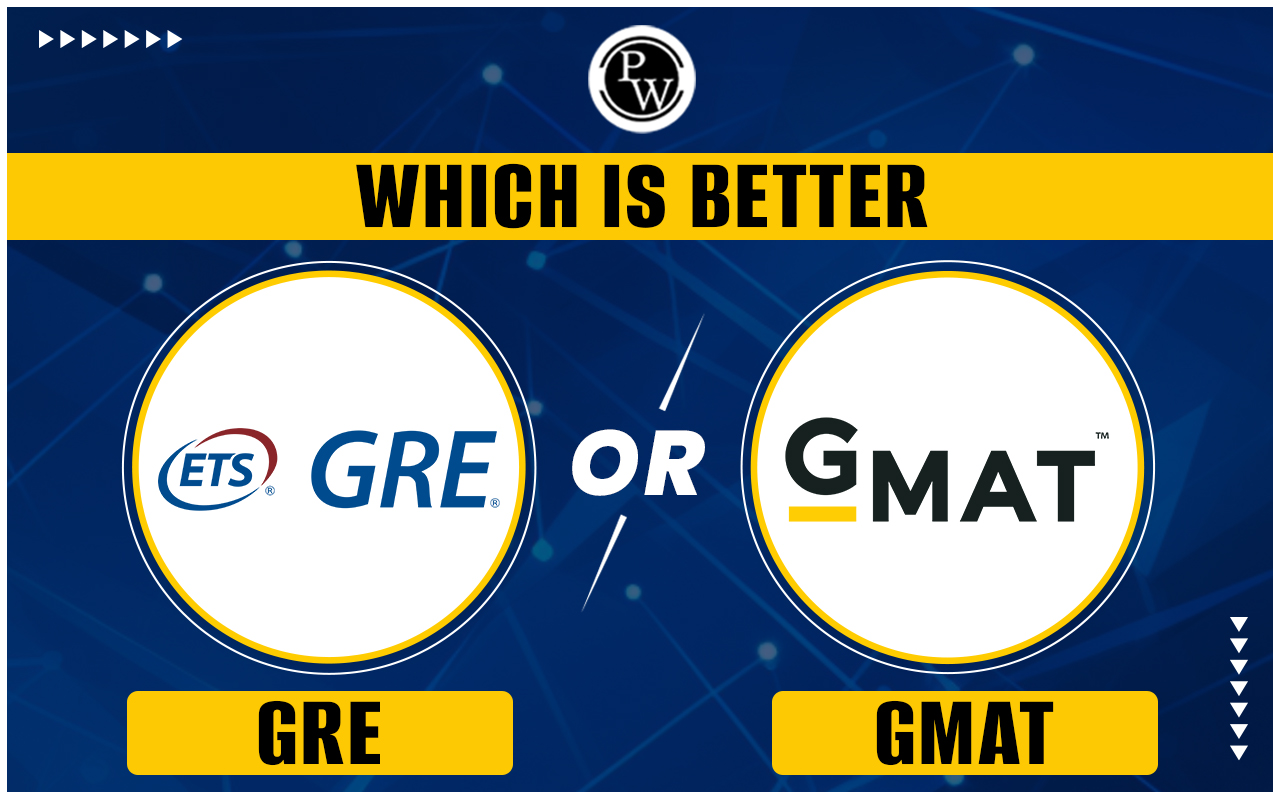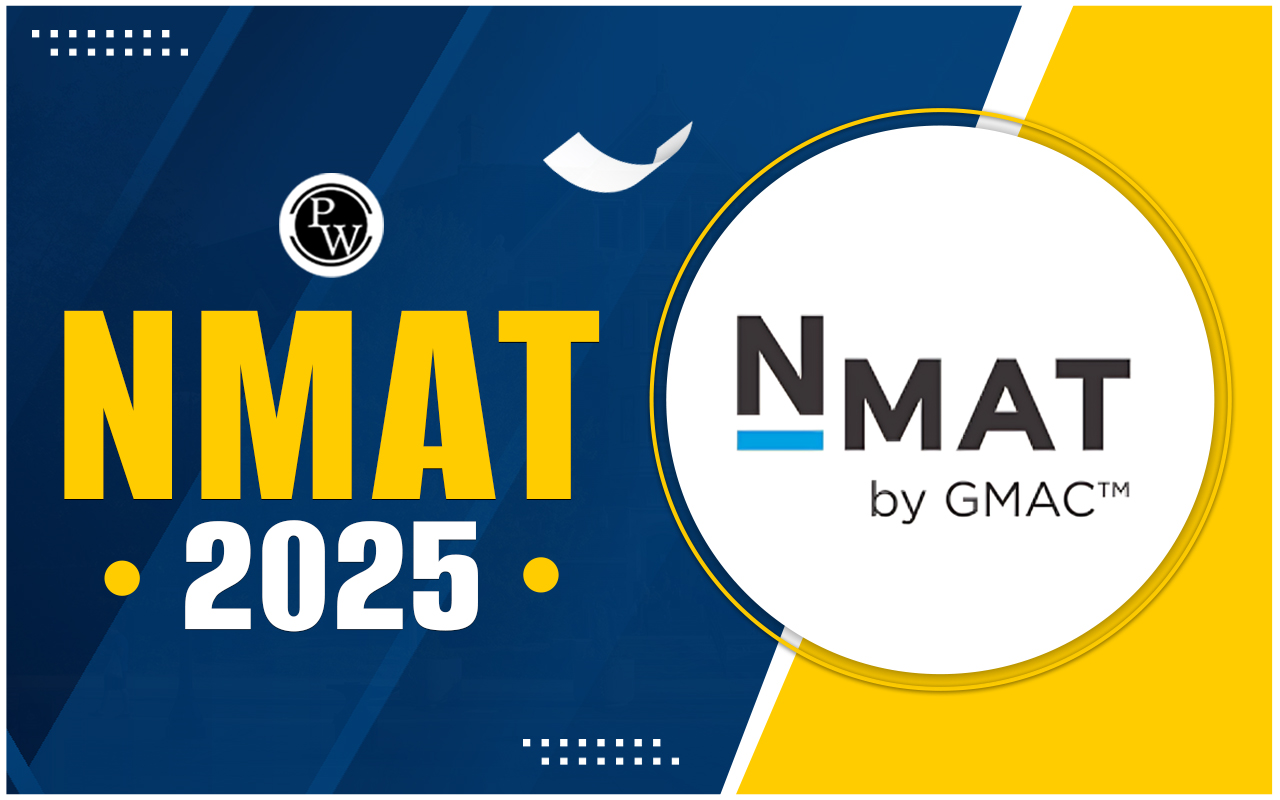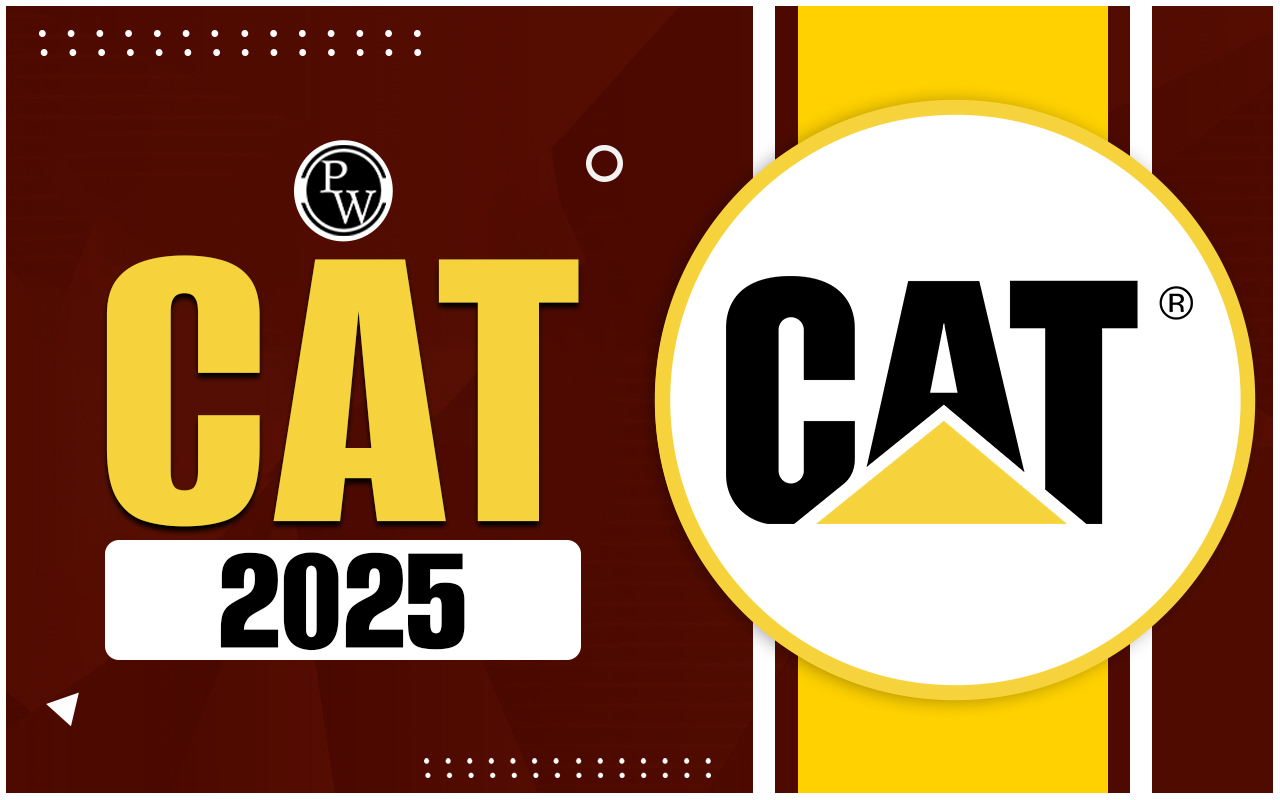
Advantages of Giving CAT Exam: Common Admission Test (CAT) is one of the most prestigious national-level entrance exams for MBA and PGDM programs in India. Open to both graduates and students in their final year of undergraduate study, CAT attracts over 2 lakh aspirants annually. A large portion of these candidates includes final-year students from diverse academic backgrounds such as B.Tech, B.Com, B.Sc, BBA, and more.
The strong participation of final-year students is driven by the multiple benefits of appearing for the CAT Exam at this stage. Attempting the exam while still in college allows them to utilize their academic momentum, avoid gap years, and plan early for admission into top management institutes.
Advantages of CAT Exam for Students in Final Year of Graduation
CAT Exam is widely regarded as one of India’s most competitive and prestigious entrance tests for management education. Gaining admission into top-tier institutes like the IIMs or other leading B-Schools demands more than just strong academics—it calls for a balanced combination of intellectual ability, personal attributes, and professional potential. Conducted annually by the Indian Institutes of Management, the CAT draws lakhs of aspirants vying for a limited number of coveted seats, making it a true test of aptitude and readiness.
Designed to assess candidates across multiple competencies, the CAT challenges individuals to think critically, solve problems efficiently, and manage time effectively. Preparing for this exam is not only a gateway to top MBA programs but also a transformative experience that sharpens one’s business acumen and enhances overall personality development. For final-year graduation students, understanding the purpose and advantages of attempting the CAT at this stage is key.
Also Read: CAT 2025 Exam
Academic Status:
One of the most significant benefits of attempting the CAT exam is the opportunity it provides to pursue management education at India’s premier institutes. Esteemed institutions such as the IIMs, FMS Delhi, MDI Gurgaon, XLRI Jamshedpur, and S.P. Jain Mumbai are renowned for their excellence in management and entrepreneurship. Gaining admission into these institutions equips you with vital corporate competencies that fuel long-term professional advancement. Whether it’s an IIM or another leading B-school, their reputation holds immense value across industries and employers.
Time Management:
Time plays a pivotal role in shaping personal and professional success. The CAT exam inherently emphasizes the importance of time management and helps aspirants refine this essential skill. Excelling in CAT requires consistent effort, focused study, and disciplined time allocation throughout the preparation phase and selection rounds. If you already manage your time well, you're on a strong foundation; if not, the CAT journey will train and sharpen your time-handling capabilities further.
Recognition:
Qualifying the CAT exam elevates your academic and professional standing. Earning a seat in a top-tier business school like an IIM enhances your profile and opens pathways to lucrative career opportunities. An MBA from a reputed institute commands immense respect and recognition, both within India and globally. Graduates from these institutions often land leadership roles, earn faster promotions, and are preferred by elite organizations and global employers for their distinguished academic background.
Personality Improvement:
The CAT preparation phase is not just an academic journey—it significantly contributes to personal growth as well. Months of dedicated preparation help develop logical reasoning, critical analysis, and decision-making abilities that benefit all areas of life. Your perspective becomes more analytical, and you become more self-aware and perceptive. Furthermore, the rigorous preparation process instills patience and emotional resilience, making you more composed and thoughtful in real-world situations, ultimately shaping you into a more well-rounded individual.
Overview of CAT Exam 2025
The key components of the CAT Syllabus focus on evaluating a candidate’s general aptitude, analytical thinking, and problem-solving capabilities—skills vital for effective management. The CAT exam paper is structured around three core sections: Quantitative Aptitude (QA), Data Interpretation & Logical Reasoning (DILR), and Verbal Ability & Reading Comprehension (VARC). The CAT 2025 exam is expected to be held on 30th November, with the registration process likely to commence in the first week of August. To help you better understand CAT 2025, including the exam structure and other essential information, refer to the table below.
|
Overview of CAT Exam 2025 |
|
|
CAT Exam Features |
CAT Exam Details |
|
Sections |
|
|
Number of sections |
3 |
|
Total number of questions |
66 |
|
Total Marks |
198 |
|
Exam mode |
Online |
|
Exam duration |
120 minutes |
|
Question type |
MCQ and Non-MCQ |
|
Negative marking |
Yes |
|
Difficulty level |
High |
Also Read: CAT Preparation 2025
CAT Exam: Advantages for Students Pursuing Final Year of Graduation
Appearing for the CAT exam in the final year of graduation can be a smart strategic move for many aspirants. It not only saves time but also allows students to stay in sync with academic momentum while preparing for a highly competitive entrance exam. Compared to working professionals, final-year students enjoy greater flexibility, fewer distractions, and can plan their transition into postgraduate studies more efficiently. Here are some key advantages of taking the CAT during your final year:
-
Better CAT preparation: With a recommended preparation period of 9–12 months, final-year students can manage their study schedules more efficiently. Additionally, subjects like Mathematics in BTech, BSc, and BCom programs offer an edge in preparing for the Quantitative Aptitude section.
-
Convenient CAT coaching: Final-year students can attend coaching sessions without the time limitations faced by working professionals, making their preparation more focused and consistent.
-
No gap year: Graduates often need to take a year off solely for CAT prep, but final-year students can directly move from undergraduate to postgraduate programs without losing time.
-
No loss of income: Undergraduates preparing for CAT don’t have to leave a job or balance work and studies, unlike employed candidates who face income or career interruptions.
-
Gain work experience: IIMs allow successful candidates to defer their admission for up to two years, enabling final-year students to work and gain valuable experience before starting their MBA journey.
CAT 2025 Eligibility Criteria
The CAT 2025 Eligibility Criteria outlines the academic and professional qualifications required to apply for the exam. Whether you are a graduate, a final-year student, or a professional degree holder, CAT offers a fair and inclusive platform for all aspirants aiming for top B-Schools in India. Below are the detailed eligibility conditions you must fulfill to apply for CAT 2025:
-
Educational Qualification: Candidates must hold a bachelor’s degree from a recognized university or institution with at least 50% aggregate marks (45% for candidates belonging to SC, ST, and PwD categories).
-
Professional Degrees: Those who have completed professional courses such as CA, CS, or ICWA are also eligible to apply for the CAT exam.
-
Final Year Students: Applicants currently in the final year of their undergraduate program or awaiting their final results can also apply, provided they meet the required eligibility at the time of admission.
-
Age Limit: There is no upper or lower age limit to appear for the CAT exam.
Reservation Policy for IIM Admissions:
-
15% of seats are reserved for candidates belonging to the Scheduled Caste (SC) category.
-
7.5% of seats are allocated for Scheduled Tribe (ST) candidates.
-
27% of seats are reserved for candidates from the Non-Creamy Layer Other Backward Classes (NC-OBC).
-
5% of seats are reserved for Persons with Disabilities (PwD).
-
These reservation guidelines are followed not only by IIMs but also by most other B-Schools in India.
Eligibility Diversity:
-
The CAT exam welcomes aspirants from various academic and professional backgrounds.
-
Participants typically include graduates, final-year undergraduate students, and working professionals.
Also Read: CAT 2025 Registration
Competition and Preparation:
-
Due to the exam’s challenging nature and the large number of applicants, the competition is intense.
-
Aspirants are advised to begin preparation at least 10–12 months in advance for a strong performance in the CAT exam.
candidates to plan well in advance, around a year before taking the CAT.
Advantages of giving CAT for final year students FAQs
How difficult is the CAT question paper?
Should I take a gap year to prepare for CAT?
How many mock tests should I practice to score 99 percentile in CAT?
Is the CAT syllabus tougher than other MBA entrance exams?
Does the CAT exam have negative marking?

